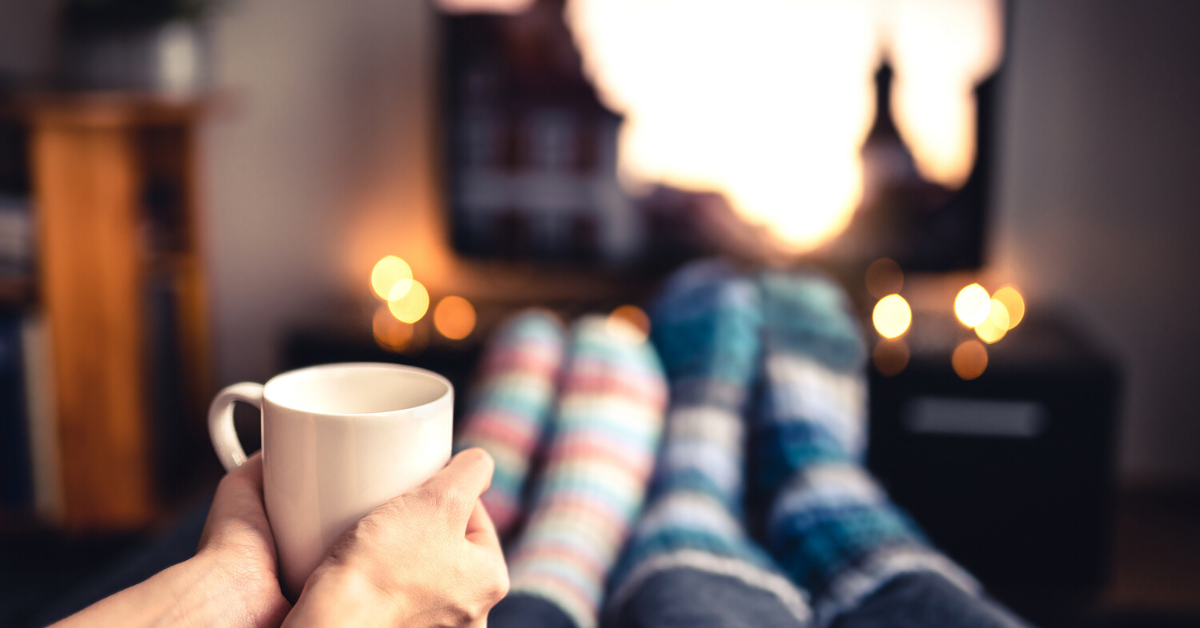
Originally shared in The Charlotte Observer’s Charlotte Five.
As Charlotte continues to see an increase in the number of diagnosed coronavirus cases, young, healthy Charlotteans might be tempted to think they can still carry on their lives as before the start of the pandemic. As the thinking goes, while we might contract the disease, in the worst-case scenario, it’ll feel like a bout of pneumonia, while in the best-case scenario, we will be asymptomatic. This is dangerous thinking.
Regardless of where you fall on the COVID-19 risk spectrum, remember that we don’t live in a vacuum, where your actions only impact you and a small circle of people (maybe your close friends or family). Instead, as the principle goes, “Every action has a reaction”, and every chance you have to interact with another human being increases their (and your) potential exposure to coronavirus.
Let’s use going out to a party as an example. If you have an asymptomatic case of COVID-19, you might interact with dozens of friends spreading the disease to a whole new group of people. They, in turn, spread it within their networks if they choose to forgo social distancing (a term sure to top Miriam-Webster’s searches). While you might not interact with high-risk groups (like the elderly and the immuno-compromised), your fellow revelers might go to see their grandparents after drinking next to you, leading to a tangled web of spreading disease.
Beyond simply helping prevent the spread of disease within your community, staying home and practicing social distancing helps with flattening the curve. What does that mean in practice? If we use proper social distancing (along with other public health measures, such as increased testing, which Tryon Medical Partners is working to do), we can in effect slow the spread of COVID-19.
The math there is simple—the fewer people who have the virus (including the asymptomatic form) that go out in public, the fewer opportunities the disease has to infect another unsuspecting victim. By slowing the spread of the disease, we can limit the burden on our healthcare system, as cases will be fewer and more spread out. This means that more people can receive the lifesaving care that they need without forcing medical providers to make tough choices about prioritizing care.
Plus, social distancing doesn’t have to mean disengaged. You can be responsible while still staying connected. A bout of warmer weather means there are plenty of ways to get outside and get connected with nature. Try taking a hike or explore the local greenways on your bike. You could even plan a Facetime coffee date with a friend or pull out that half-finished craft project you ditched a few months back when your schedule was too hectic.
With all of this in mind, as medical professionals, we strongly advise you to stay home, even if you are young, healthy and low risk. You never know how your interactions could impact others around you. So stay home, watch some Netflix, read a book, start baking bread, foster a dog or cat in need, but please, we beg you, don’t hoard toilet paper.
